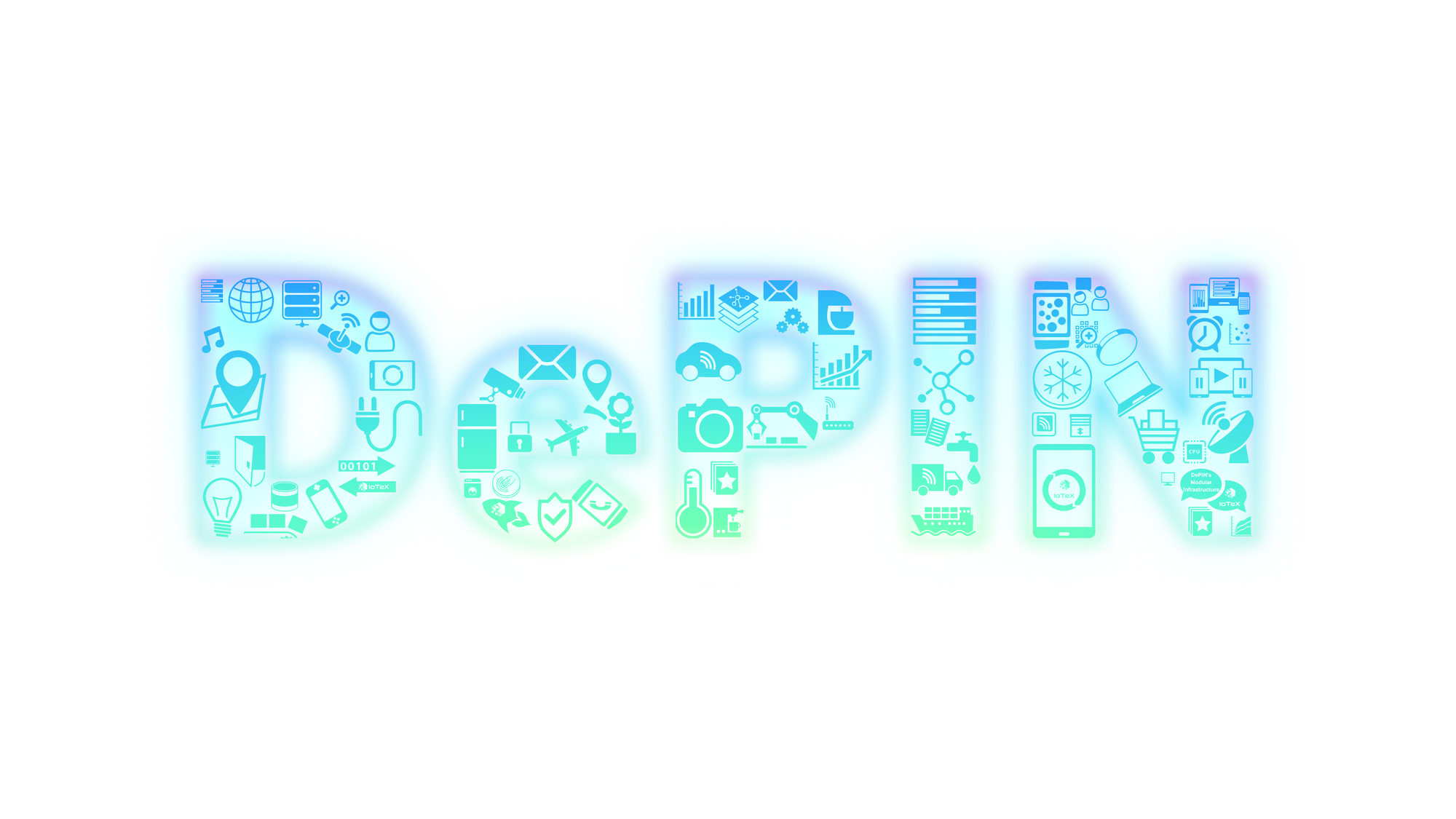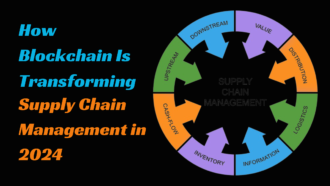Leveraging Decentralized Physical Infrastructure Networks for Smart City Development
As cities worldwide continue to grow and evolve, the need for intelligent and sustainable urban development has never been greater. This article explores how decentralized infrastructure networks (DePIN) revolutionise intelligent city development and drive positive change in urban environments.
Enhancing Urban Resilience
Decentralized infrastructure networks (DePIN) enhance urban resilience by promoting decentralized decision-making, distributed resource management, and community-based solutions. By leveraging blockchain technology, IoT devices, and data analytics, the DePIN project can improve disaster preparedness, response, and recovery efforts, leading to more resilient and adaptive urban systems. Through real-time monitoring, predictive modelling, and risk assessment, DePIN projects can identify vulnerabilities, mitigate risks, and enhance the resilience of critical infrastructure and essential services, ensuring cities are better prepared to withstand and recover from natural disasters, pandemics, and other emergencies.
Improving Public Services
DePIN projects improve public services by optimizing service delivery, increasing accessibility, and enhancing the quality of life for urban residents. By leveraging decentralised networks, mobile technologies, and digital platforms, DePIN projects can streamline government operations, reduce bureaucracy, and improve transparency and accountability in public service delivery. Through innovative governance solutions, citizen engagement platforms, and participatory decision-making processes, DePIN projects can empower communities to co-create and co-manage public services, leading to more responsive, inclusive, and citizen-centric urban governance models.
Fostering Sustainable Urban Growth
Decentralized infrastructure networks (DePIN) foster sustainable urban growth by promoting resource efficiency, environmental conservation, and social equity in urban development. DePIN projects can reduce carbon emissions, minimize waste, and promote sustainable consumption and production patterns in cities by leveraging renewable energy sources, green technologies, and circular economy principles. Through intelligent mobility solutions, green infrastructure projects, and eco-friendly urban planning initiatives, DePIN projects can create healthier, more livable, and resilient urban environments that support the well-being and prosperity of urban residents.
Empowering Users with Smartphone DePIN:
Mobile DePIN networks, such as the NATIX app, empower smartphone users to contribute real-time data. Through apps like Drive&, users can effortlessly share information on road conditions, traffic patterns, and infrastructure needs. This accessibility democratizes engagement, allowing smartphone users to shape infrastructure development actively.
Promoting Digital Inclusion
DePIN projects promote digital inclusion by bridging the digital divide and expanding access to digital technologies and services for underserved communities. By leveraging mobile devices, internet connectivity, and community-based networks, DePIN projects can empower marginalized populations, including low-income households, rural communities, and persons with disabilities, to participate in the digital economy and access essential services such as education, healthcare, and financial services. Through digital literacy programs, skills training initiatives, and community outreach efforts, DePIN projects can promote digital equity, social inclusion, and economic opportunity for all residents, ensuring that no one is left behind in the digital age.
Conclusion:
In conclusion, decentralized infrastructure networks (DePIN) are revolutionizing intelligent city development by enhancing urban resilience, improving public services, fostering sustainable urban growth, and promoting digital inclusion. DePIN projects are transforming urban landscapes and driving positive change in cities worldwide by leveraging blockchain technology, IoT devices, and data analytics. DePIN projects must continue to prioritize sustainability, resilience, and inclusivity as core principles and invest in strategies and initiatives that promote equitable and sustainable urban development for all residents.

















